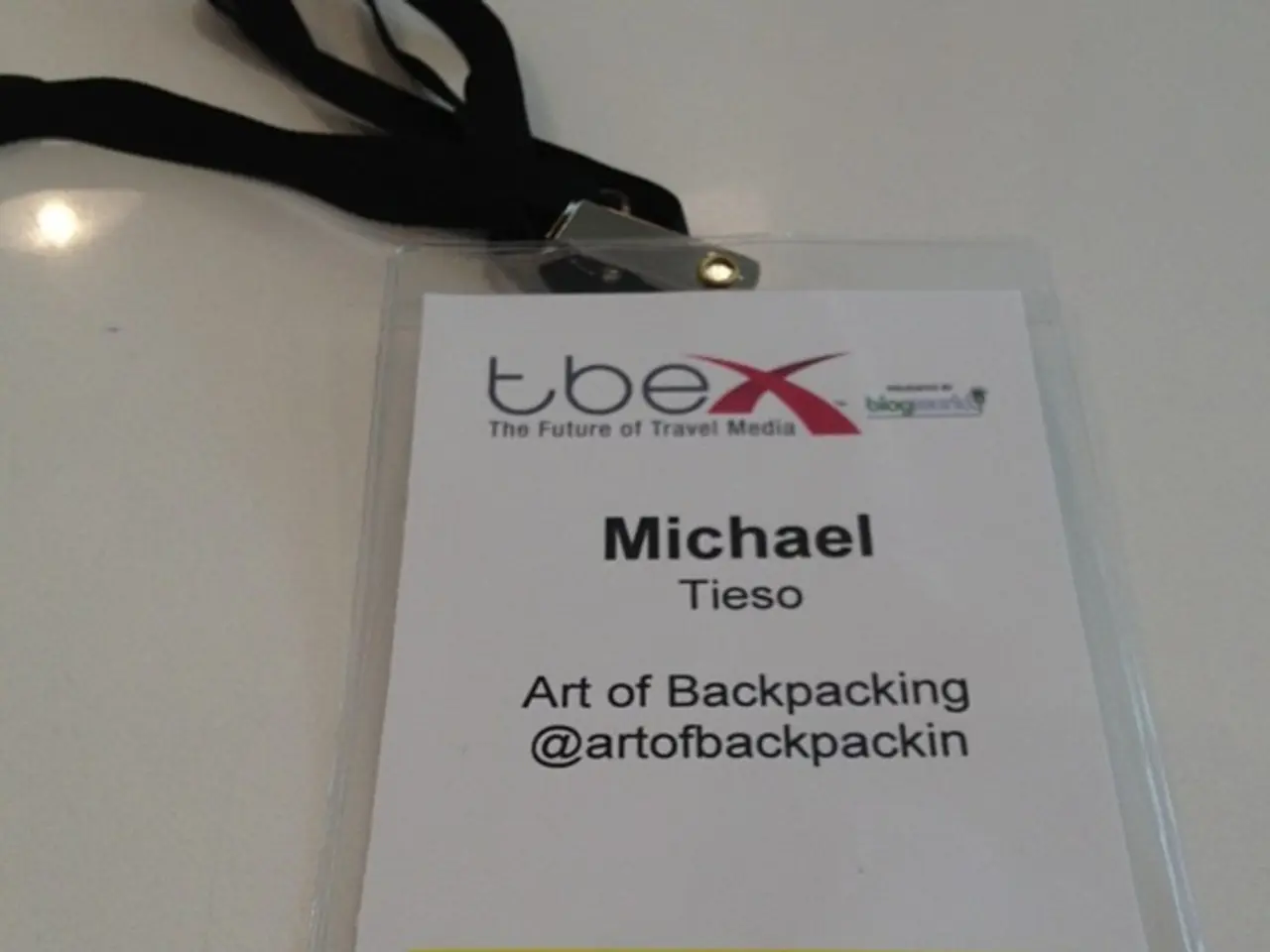Thriving as an LGBTQ+ Digital Nomad: Uncovering Accepting Destinations
In the rapidly evolving world of digital nomadism, a unique community is thriving - queer nomads. These individuals, seeking a blend of professional growth and personal fulfilment, are finding innovative ways to piece together long-distance, multicultural chosen families.
The journey, however, is not without its challenges. The biggest hurdle for queer nomads is the mental toll of constantly assessing how visible they can safely be and staying alert to the risk of homophobic violence. Yet, despite these challenges, they are finding solace and community in welcoming destinations around the globe.
One of the key strategies for queer digital nomads is choosing LGBTQ+-friendly destinations. Popular choices include Puerto Vallarta in Mexico, Mykonos in Greece, Brighton in the UK, Cape Town in South Africa, Sitges and Gran Canaria in Spain, Key West in Florida, and Phuket in Thailand. These locations, renowned for their inclusive and safe environments, attract LGBTQ+ travelers and offer vibrant queer communities and events[1][2][4].
In addition to choosing friendly destinations, digital nomads leverage travel platforms with inclusivity filters. For example, Expedia allows travelers to filter hotels by those participating in an Inclusivity Pledge, ensuring respectful and welcoming accommodations[1].
Engaging with local queer spaces and events is essential for community connection. Destinations like Puerto Vallarta have thriving LGBTQ+-friendly neighborhoods, bars, cafes, and group activities such as trivia nights and group dinners designed for remote workers, facilitating socializing and networking among queer nomads[2].
Making use of coworking spaces and cafes popular with LGBTQ+ digital nomads also supports community building. In Mexico City, for instance, coworking spaces like WeWork and culturally rich cafes like Cafebrería El Péndulo offer not only productivity but also social hubs where queer travelers meet[2].
Attending Pride events and LGBTQ+-centered cultural festivals in welcoming countries fosters a strong sense of belonging. Countries like Malta, Spain, Portugal, Canada, and Iceland are rated among the safest and most LGBTQ+-friendly destinations in the world in 2025, with active queer organizations and public support visible through events such as Malta Pride[3][4].
Online queer travel guides and networks, such as Spartacus’s Gay Travel Index and community forums, assist digital nomads in researching safety and community opportunities before traveling. These resources indicate where legal protections and social acceptance are strongest, guiding nomads toward destinations where they can thrive both personally and professionally[4].
Lisbon, with its beaches, coworking hubs, and vibrant nightlife, is a popular option for LGBTQ+ digital nomads. Facebook groups like Queer Women Digital Nomads and LGBTQ+ Digital Nomads and Freelancers are important for the digital nomad community. For those looking for romance, Nomad Soulmates is an option.
Creating a safe space for queer people is more challenging on the road for digital nomads, but it is not impossible. As Sophie Bellamy, a digital nomad writer, encourages LGBTQ+ people, "Start your digital nomad journey. It's the best thing I've ever done." Sophie, who met her business partner Holly Close while traveling, founded Good Egg, a web and copywriting studio for women and non-binary business owners.
However, not every journey is smooth sailing. Deniz, another digital nomad, had a homophobic encounter in a hotel in Egypt. Realising that Egypt was not a safe place for him to be openly queer, he learned to navigate the challenges, finding solace in online communities and local Facebook groups.
Despite the challenges, the spirit of community among queer digital nomads remains strong. Julian, another digital nomad, feels that traveling makes him feel like he's back in the closet due to the need to hide his identity. Yet, he finds comfort in the knowledge that he is not alone, part of a global community of queer nomads finding their place in the world.
A study by nomads.com reveals that 13% of digital nomads identify as bisexual, gay, or lesbian[5]. This growing community is proving that with the right resources and a supportive network, the world can indeed be their oyster.
[1] https://www.expedia.com/inclusivity-pledge [2] https://www.nomadicmatt.com/travel-guides/puerto-vallarta/ [3] https://www.independent.co.uk/travel/news-and-advice/best-places-to-travel-lgbtq-rights-pride-2023-b1989809.html [4] https://www.spartacusworld.com/gay-travel-index [5] https://www.nomads.com/blog/digital-nomads-statistics-2020/
Queer digital nomads, in search of a balanced lifestyle, strategically choose LGBTQ+-friendly destinations that offer both professional growth and personal fulfillment. These locations, such as Puerto Vallarta in Mexico, often have thriving queer communities, welcoming accommodations, and vibrant events, creating a sense of community and belonging for travelers.
To further support their efforts, digital nomads utilize travel platforms with inclusivity filters, ensuring a safer and more comfortable travel experience, while engaging with local queer spaces and events helps foster connections within the community. With resources like online queer travel guides and networks, these nomads can research safety and opportunities before embarking on their journeys, paving the way for a fulfilling global lifestyle enriched by travel and community.




